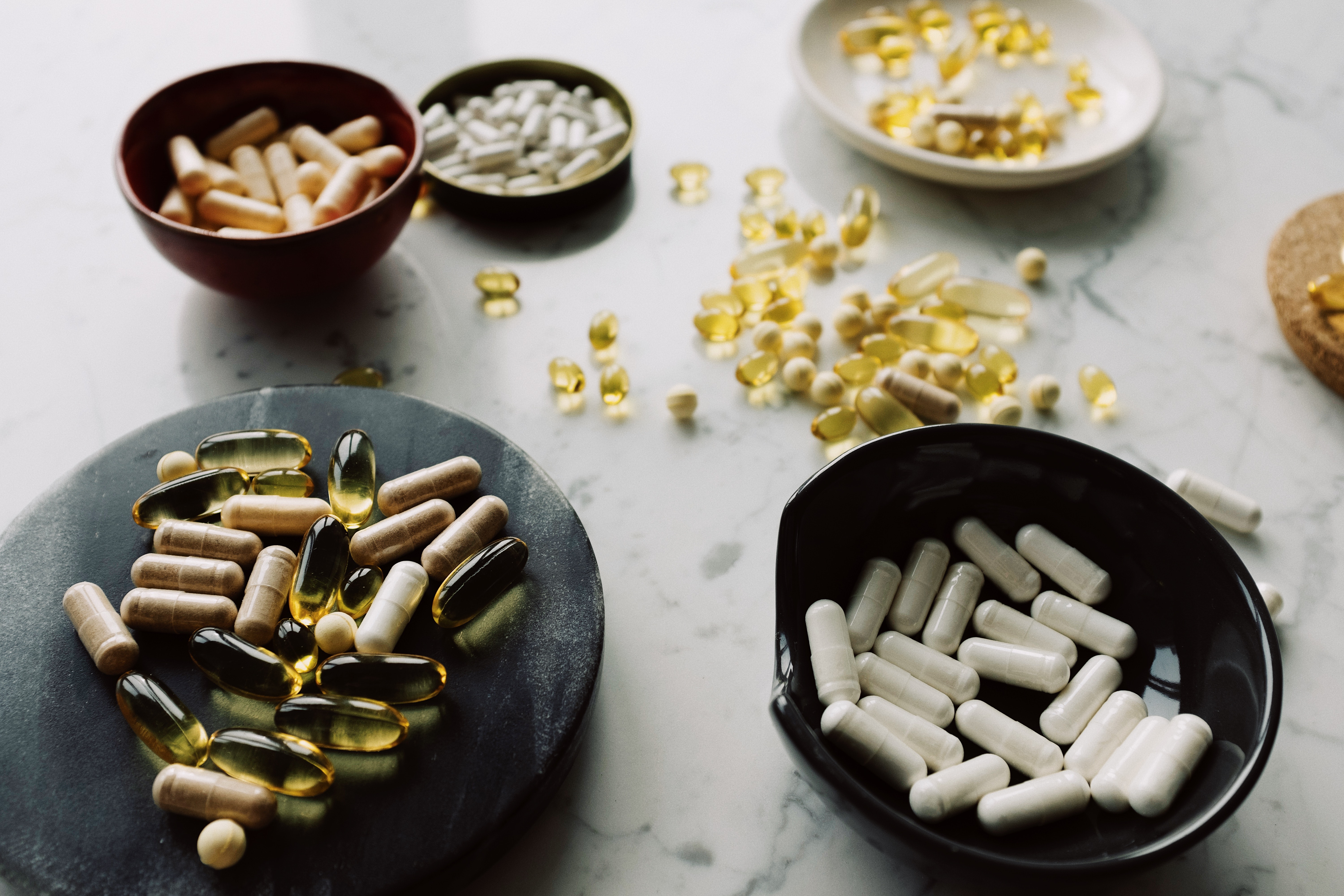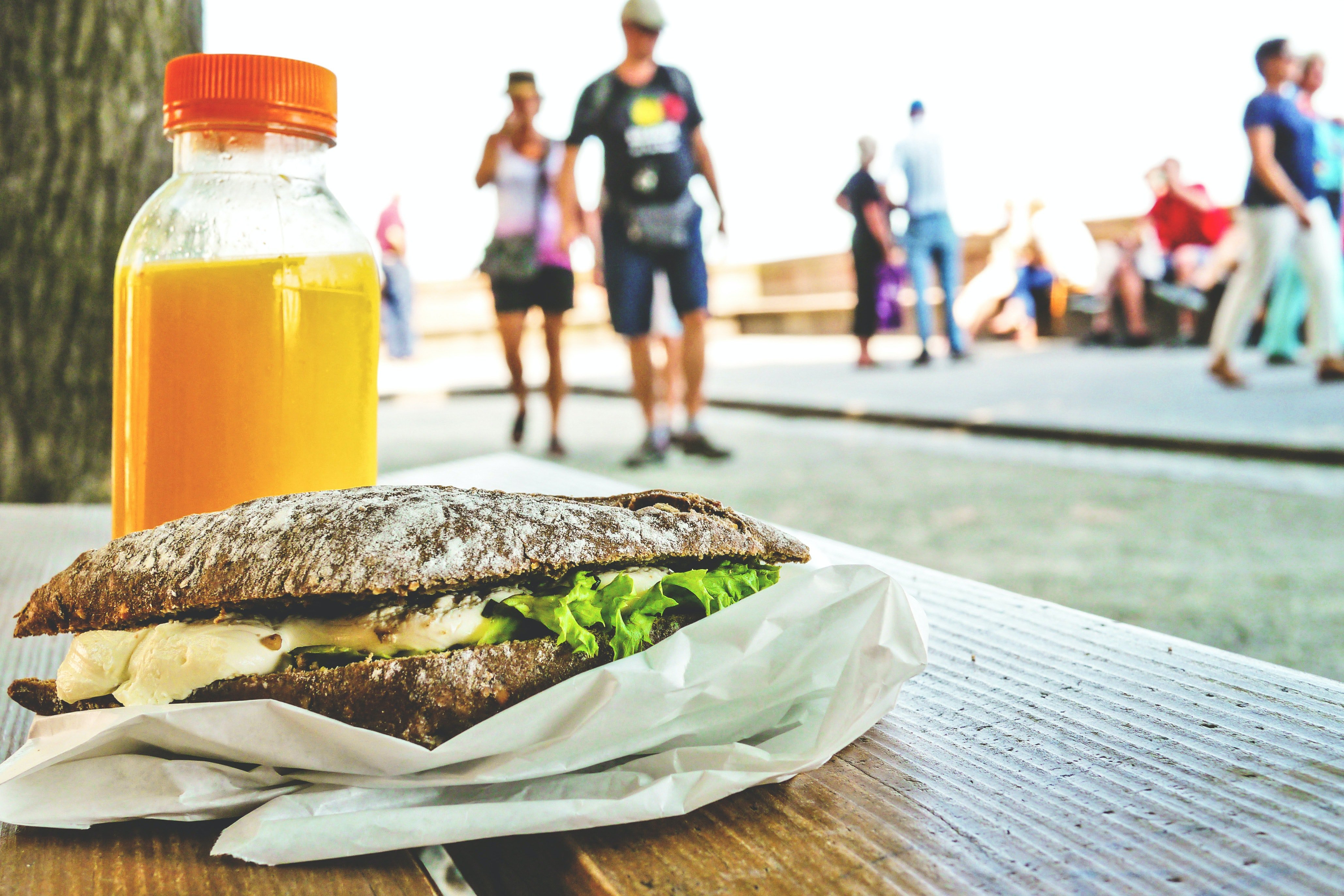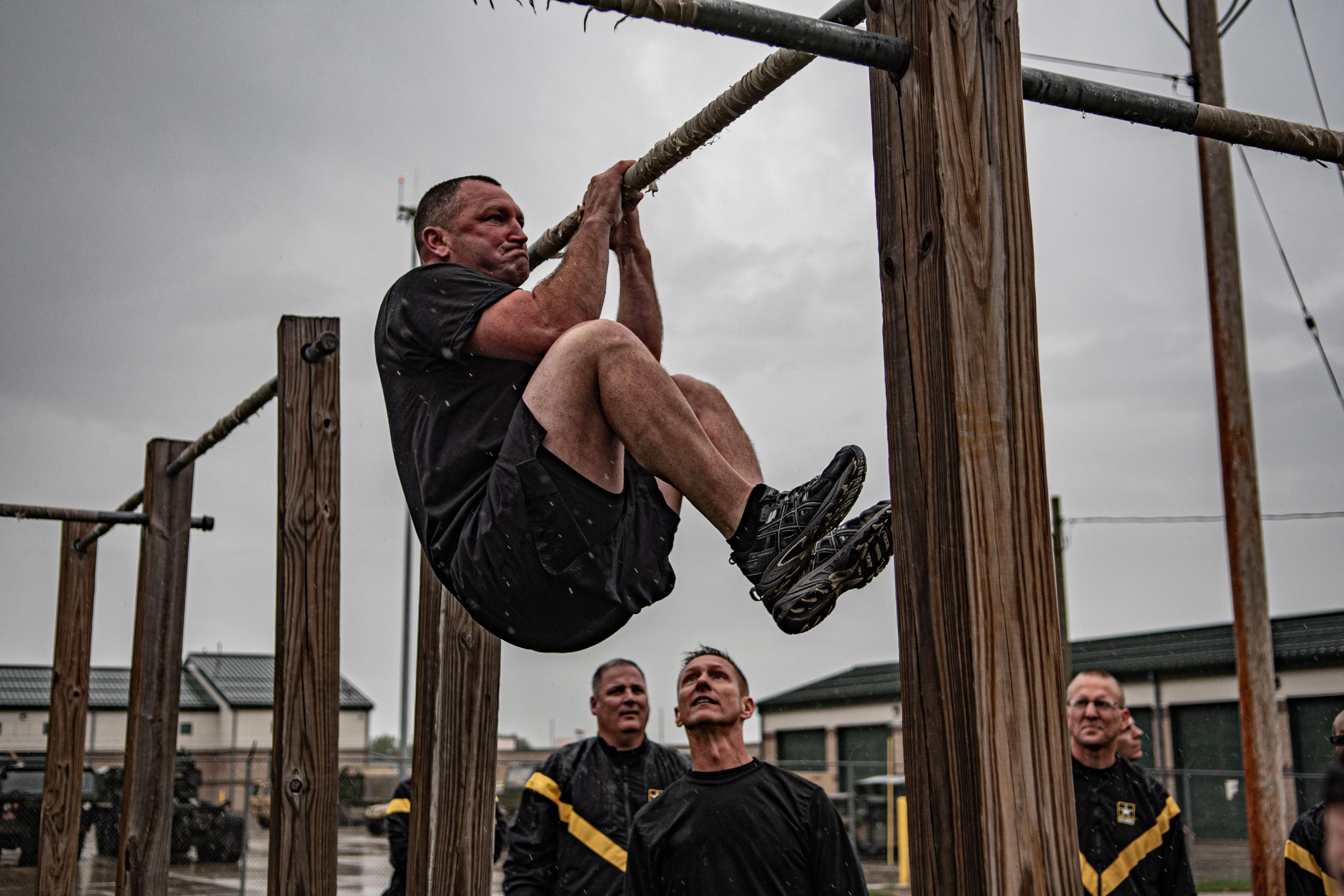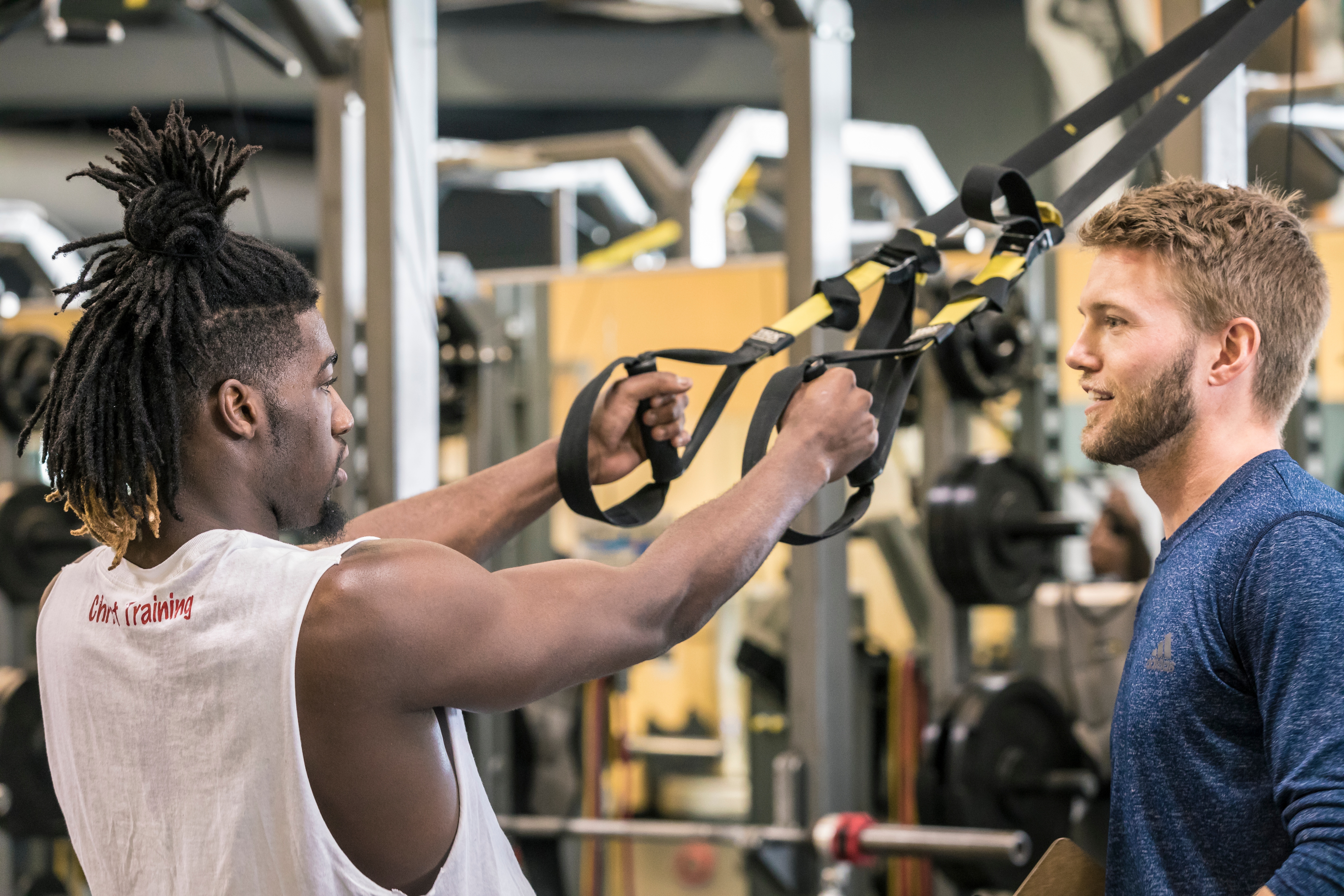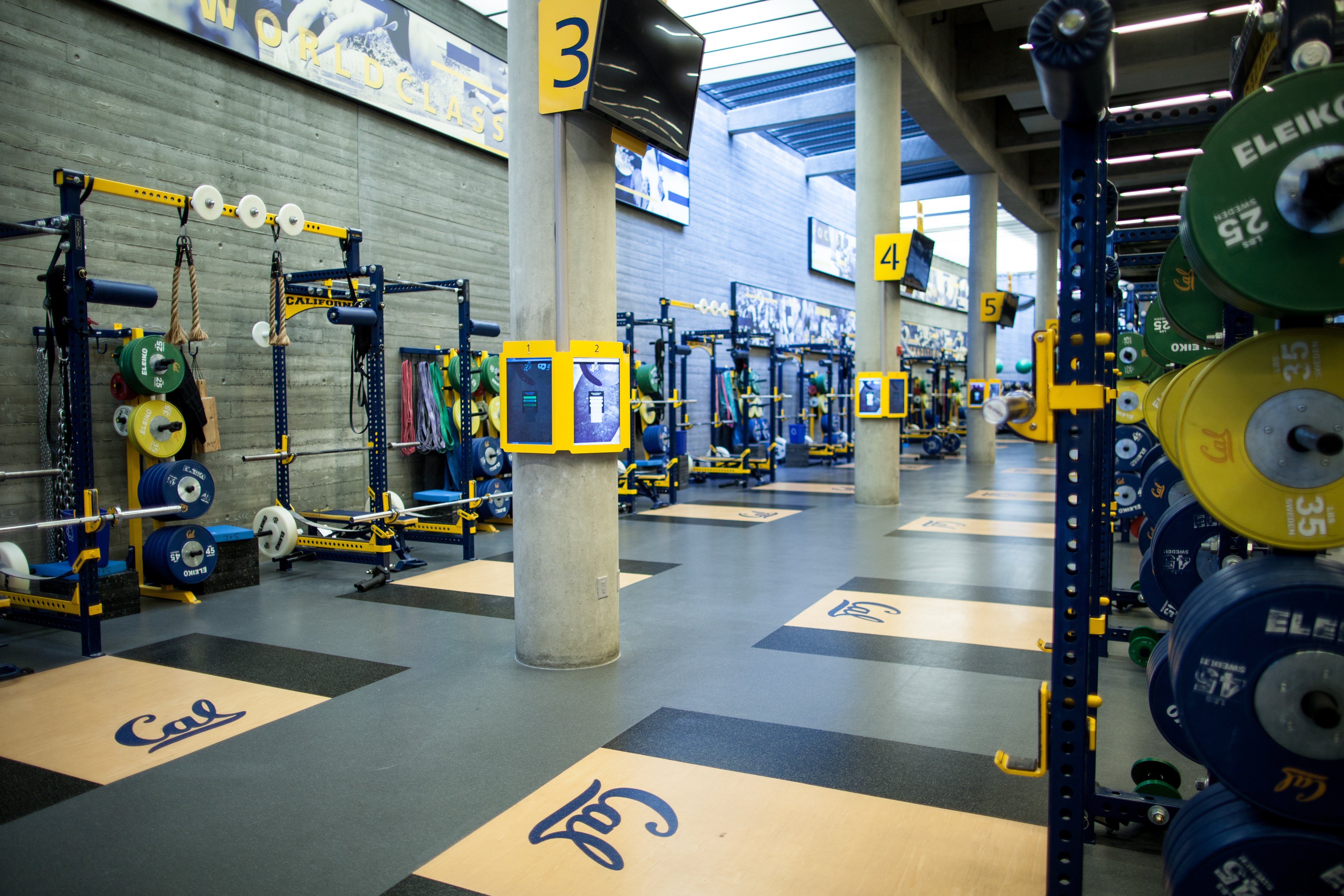Supplement Safety with Tactical Professionals
By Megan Lautz, MS, RD, CSCS, TSAC-F on September 26, 2023
Dietary supplements seem like the "magic pill" a tactical operator needs to perform better, increase energy, or gain muscle. After all, if the jacked guy on TikTok uses it, the supplement must work, right? While dietary supplement regulation and safety might not be the "sexy" topic for strength coaches, education is vital to reducing side effects and overall harm in your tactical professionals.
Read MoreEating Healthy on the Go: Tips for Busy Operators
By Megan Lautz, MS, RD, CSCS, TSAC-F on September 19, 2023
It's no secret that tactical professionals have weird schedules. So why do health professionals keep giving shift workers nine-to-five nutrition information? Level up your nutrition advice by giving professionals tips on how to eat healthy while saving time, money, and energy.
Read MorePost-Training Nutrition for Tactical Professionals
By Megan Lautz, MS, RD, CSCS, TSAC-F on August 24, 2023
Eating after a workout can be a challenge for tactical professionals. Having grab-and-go fuel before they run to the next task is key to recovery. To recover appropriately, the energy burned from exercise needs to be replaced. A good post-workout meal replaces the carbohydrates burned during the workout and provides amino acids for optimal muscle recovery.
Read MorePre-Workout Nutrition Guidelines for Tactical Professionals
By Megan Lautz, MS, RD, CSCS, TSAC-F on June 26, 2023
Tactical professionals require a certain level of fitness in order to complete the task at hand. Fueling adequately prior to workouts or tactical training sessions can make the difference in how hard and how the professional can push. Fueling and hydrating well may prevent injury during training and general fatigue after training.
Read MoreIn episode #5 of Powering Performance, we chat with two performance experts to learn about training methodology, rising trends and educating your clients. We break down some of the knowledge gained from EXOS’ Director of Continuous Improvement, Stefan Underwood and Jon Barlow who oversees the Pro and Elite Sports at EXOS Arizona. They share their insight on their philosophies around training and how to create athlete buy-in.
Read MoreNutrition Performance Trends Sports Technology Powering Performance Training Tips
How to Maintain Health During the Holidays: An Athlete’s Guide
By Megan Fischer-Colbrie on December 12, 2017
At this time every year, athletes add another important aspect to their lives that can impact their training and performance: celebrating the holidays. With more time dedicated to seeing friends and family, this can be a healthful and restorative period for athletes—a chance to mentally recharge. The holidays, however, bring several temptations that when left unchecked can lead to negative effects on training that outweigh the positive energy during this month. Let’s look into how people tend to overindulge and what strategies you can exercise to maintain fitness through the month. Respect your hard work and discipline during the rest of the year by following these tips!
Read MoreIt is important for athletes to understand how travel during the competition season affects their bodies. Often times, elite athletes have to travel all over the globe to attend different sporting events. It is essential that athletes find ways to manage the negative effects of travel so that their bodies don’t unnecessarily suffer. Here are some tips to help beat the negative effects of travel.
Read MoreThere’s value in implementing good habits around nutrition for younger athletes. Here’s what Hudl and the Los Angeles Galaxy have to say about the subject.
Kristen Andrews is the Sports Performance Dietitian for the Los Angeles Galaxy of Major League Soccer, as well as the U.S. Men’s National Team. Kristen worked with Hudl to shed some light on just how important nutrition is at the club level.
Read MoreThe transition to college athletics can be an exciting, yet daunting time for first-year student-athletes. Playing sports at the collegiate level requires another degree of challenge and dedication to the sport. In order for first-year athletes to be successful at this level, it is essential for them to understand the expectations they must uphold from their school, professors, and sport coaches. Players should use the collegiate level as an opportunity to craft their skills and take their game to the next level, while balancing the many other aspects that come with college life.
Read More
